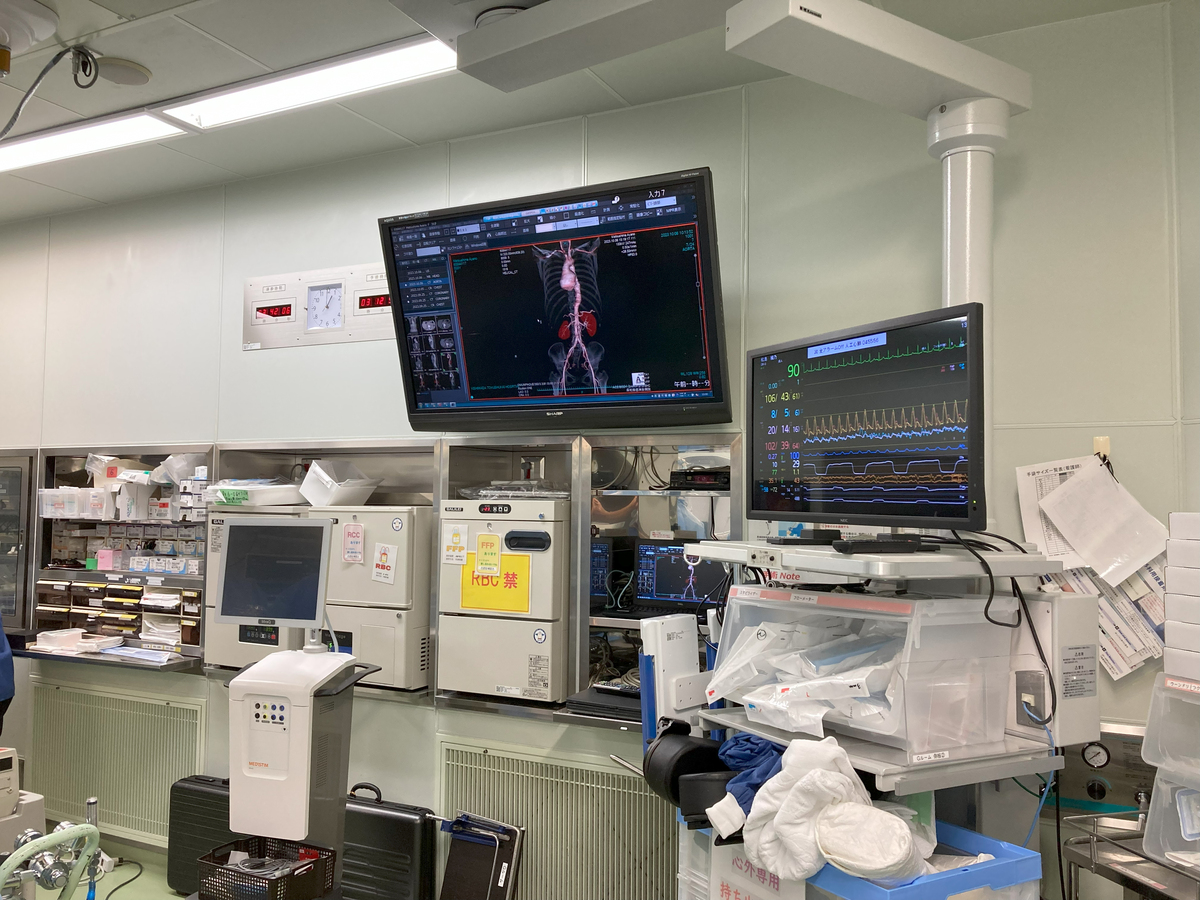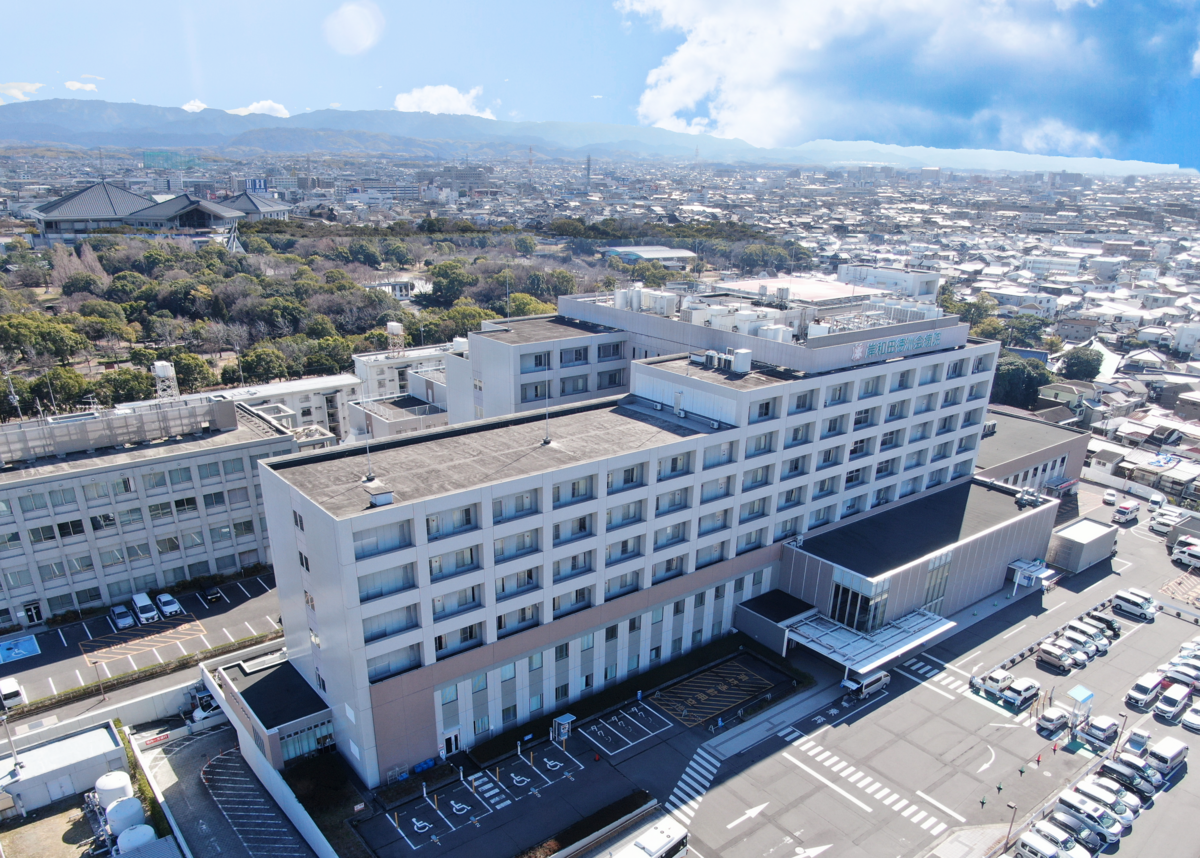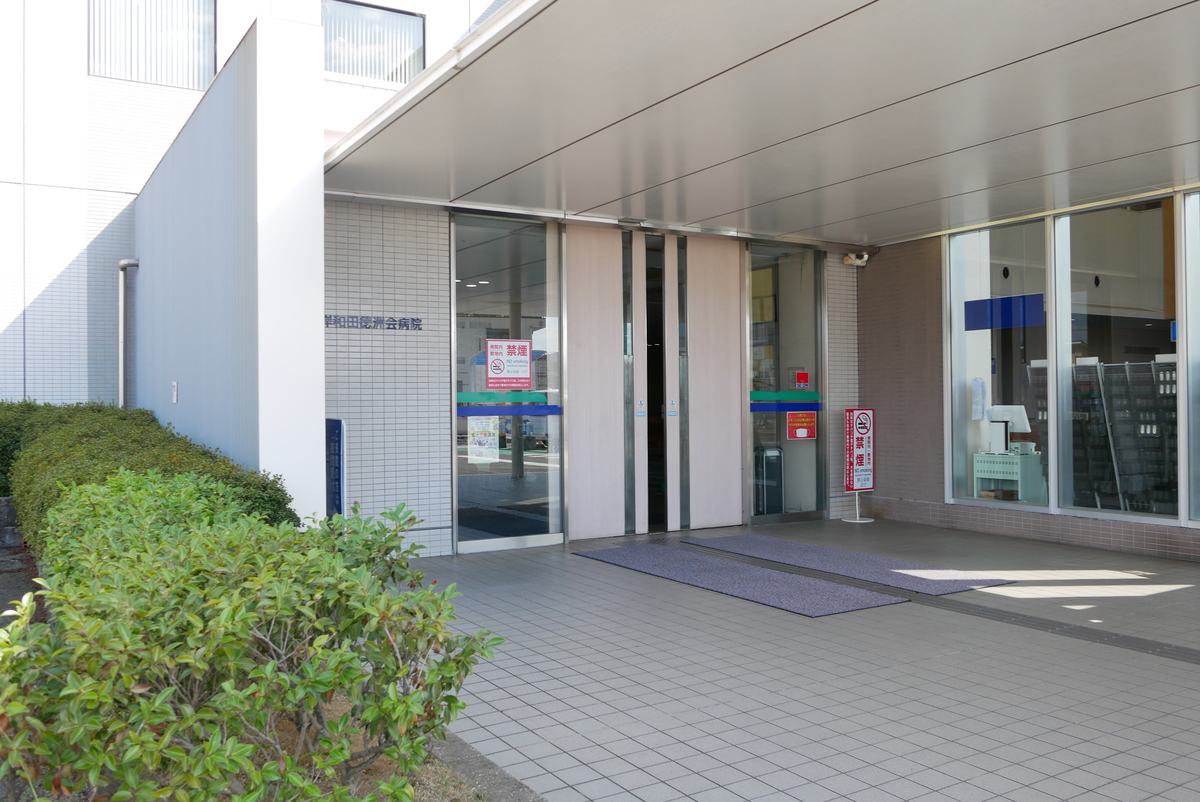Program details
Catheter Intervention (PCI) Therapy【Kishiwada Tokushukai Hospital】
Internal medicine
Kishiwada Tokushukai Hospital(Kinki/Osaka)
24-Hour Response to Myocardial Infarction
Minimally Invasive Catheter Treatment
At our hospital, we provide 24-hour rapid diagnosis and PCI treatment for acute myocardial infarction and angina. We prioritize minimally invasive procedures, with a standard approach of single-night hospitalization. Experienced physicians ensure high-quality care.
- Genres
-
- Department
- Disease
- Examination Items/Treatments/Surgical method
- Region/Organ
- Program Summary
- In the field of cardiology, chest pain and shortness of breath during exertion are among the most critical symptoms, often caused by coronary artery atherosclerosis and commonly recognized as angina or myocardial infarction. At our hospital, we maintain a 24-hour system to respond to acute myocardial infarction cases. Once a diagnosis of acute myocardial infarction is confirmed, we immediately perform coronary angiography. If coronary artery lesions are identified, we proceed with catheter-based interventions (PCI), such as stent placement.
For angina that causes chest pain during exertion, we actively evaluate using coronary CTA to obtain accurate information about coronary artery lesions, allowing us to determine the most appropriate treatment plan.
Our hospital primarily performs coronary angiography via the radial artery in the wrist, aiming to minimize invasiveness. Typically, patients are admitted for a single night, arriving on the day of the procedure, undergoing same-day diagnosis and treatment, and being discharged the following day. Our team of highly skilled and experienced cardiologists is available around the clock, even in emergency situations, to perform catheter-based treatments. Physicians, nurses, and technicians involved in these procedures receive specialized training, ensuring patients receive comprehensive and high-quality care.
In addition to coronary CTA, we utilize various diagnostic methods, including nuclear medicine tests, exercise stress tests, echocardiography, and peripheral vascular ultrasound, to diagnose and manage ischemic heart disease and atherosclerotic conditions through medical treatment. We also actively accept cardiovascular emergency cases in patients undergoing chronic dialysis.
- Medical Institutions
-
Kishiwada Tokushukai Hospital
〒596-0042
4-27-1 Kamoricho, Kishiwada City
- Examination Items
- Setup Date
- Excluded days
- Required Days/Hours
- Start/end time
- Eligibility Criteria/Exclusions for Treatment
- 1. Medical Information:
- Diagnosis (e.g., angina pectoris, acute myocardial infarction, coronary artery disease)
- Details of symptoms (e.g., chest pain, shortness of breath, discomfort during exertion)
- Test results from other facilities (e.g., ECG, echocardiography, coronary CT, blood tests)
- Other comorbidities (e.g., diabetes, hypertension, chronic kidney disease)
2. History of Treatment:
- History of cardiac treatment (e.g., PCI, CABG, stent placement, medication therapy)
- Current medications (e.g., anticoagulants, antiplatelet drugs)
- Presence of allergies or side effects
3. Age and Physical Condition:
- Consider surgical tolerance for elderly patients or those with underlying conditions
- Confirm whether cardiac function and overall condition can withstand surgery or catheter-based treatments
4. Treatment Duration, Days, and Time:
- Estimated days and hospitalization period required for coronary angiography or PCI (percutaneous coronary intervention)
- Standard treatment involves 1-night, 2-day hospitalization, but this may vary depending on the patient’s condition
5. Urgency:
- Determine whether emergency care is required, such as for acute myocardial infarction
- Assess suitability for emergency catheter-based treatments or coronary artery bypass surgery
6. Other Conditions:
- Confirm whether special care is needed for patients undergoing chronic dialysis or with specific complications
- Adjust treatment plans according to the patient’s preferences and lifestyle background
- Precautions / Contraindications
- [Precautions and Contraindications]
1. Cases Not Suitable for Surgery or Treatment:
- Patients with severe comorbidities (e.g., advanced renal failure, untreated infections, terminal cancer) may be excluded due to high surgical risk.
- Catheter-based treatments or stent placement may be challenging if vascular structure or condition is unsuitable.
- Patients unable to discontinue anticoagulants (e.g., warfarin) may face an increased risk of bleeding, rendering treatment contraindicated.
2. Specific Treatment Contraindications:
- PCI (Percutaneous Coronary Intervention) may not be applicable in cases of complex or extensive coronary artery lesions.
- Even if coronary artery bypass surgery is indicated, severely impaired cardiac function can significantly increase surgical risks.
3. Precautions Related to Medication Therapy:
- Patients taking anticoagulants or antiplatelet drugs must discontinue use before surgery, following specific guidelines.
- Patients with a history of allergies require careful evaluation of medication use, which must be confirmed in advance.
---
[Preoperative Instructions]
1. Preoperative Preparation:
- Essential tests (e.g., blood tests, echocardiography, coronary CT) must be completed to ensure accurate diagnosis and treatment planning.
- Patients on anticoagulants or antiplatelet drugs should follow instructions to discontinue use before surgery, with alternative therapies provided if necessary.
- Fasting may be required on the day of the surgery or catheter examination, and adherence to the physician's instructions is crucial.
2. Postoperative Complication Risks:
- Explain the risks of postoperative complications, including bleeding, thrombosis, and infections. Extra caution is necessary when resuming anticoagulants to mitigate bleeding risks.
- There is a risk of restenosis or thrombosis after stent placement, making postoperative follow-up essential. Patients must contact the hospital promptly if abnormalities occur.
3. Hospital Stay and Postoperative Life:
- Hospitalization typically lasts one to several days post-surgery for close monitoring.
- Post-discharge, patients must follow restrictions (e.g., no heavy lifting or driving) for a specified period.
- Regular follow-up appointments (e.g., blood tests, echocardiography) are necessary to monitor recovery and treatment outcomes.
4. Cost-Related Precautions:
- Confirm estimated costs for surgery and treatment in advance.
5. Emergency Response:
- Prepare contact information for healthcare providers or attending physicians in case of abnormalities such as chest pain, shortness of breath, fever, or palpitations after discharge.
- In case of emergencies requiring urgent care, a 24-hour response system is available.




